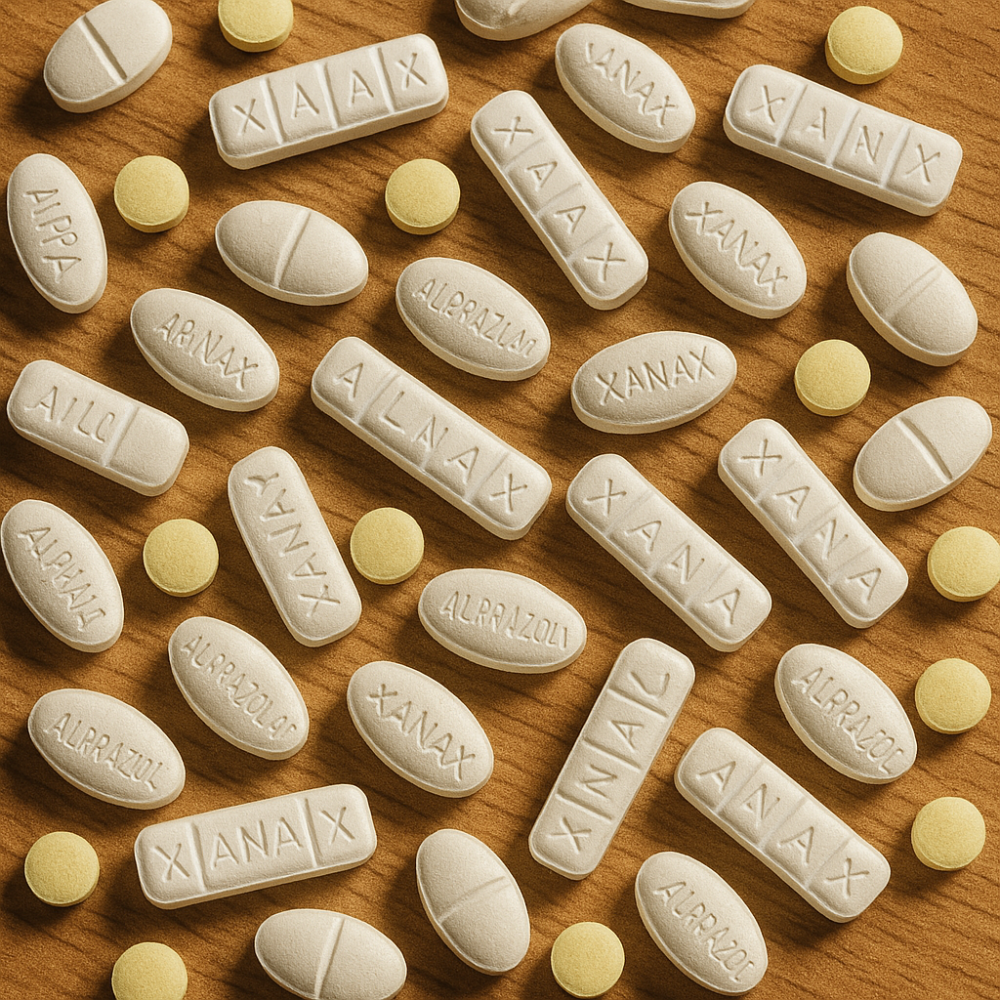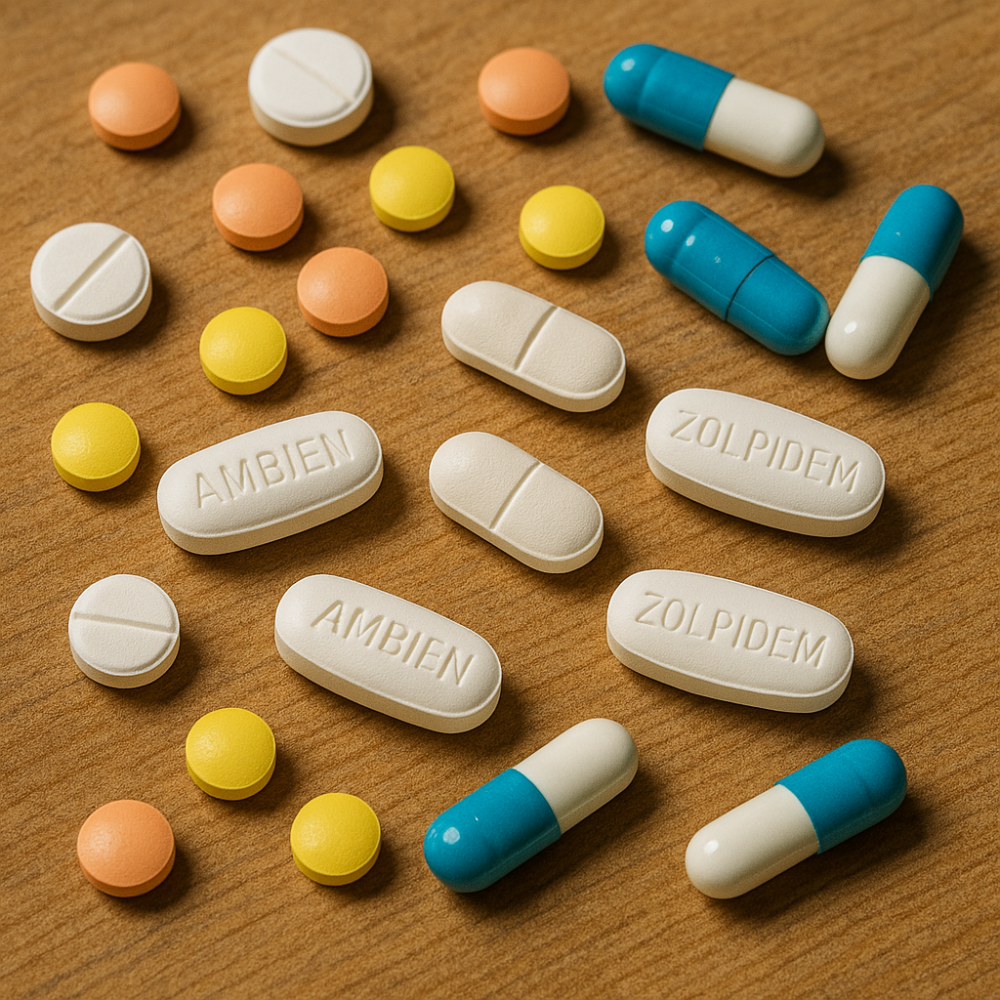Revolutionary Overdose Prevention: The Naloximeter and Understanding Naloxone
A groundbreaking development in overdose prevention technology, combined with improved access to life-saving medication, offers new hope in addressing one of our nation’s most pressing public health challenges. This comprehensive guide explores both the innovative new Naloximeter device and the critical medication it delivers.
The Naloximeter: A Revolutionary Approach to Overdose Prevention
Researchers at Washington University School of Medicine in St. Louis and Northwestern University have developed an implantable device that could automatically detect and reverse opioid overdoses. The Naloximeter, approximately three-quarters the size of a standard pacemaker, represents a potential turning point in overdose prevention technology.
How the Naloximeter Works
The device operates through several sophisticated mechanisms:
– Continuous monitoring of oxygen levels in surrounding tissue
– Automatic detection of dangerous drops in oxygen
– Smart alert system connected to mobile devices
– Automated naloxone administration if warnings aren’t addressed
– Emergency responder alert capabilities
Research Results
Recent studies published in Science Advances (October 2024) demonstrated promising results:
Small Animal Studies (Rats)
– Miniature wireless-powered version
– Detected fentanyl overdose within one minute
– Achieved full recovery within five minutes
Large Animal Studies (Pigs)
– Battery-powered version
– Detected overdose in less than two minutes
– Achieved recovery within 10 minutes with intravenous delivery
Understanding Naloxone: The Life-Saving Medication
To appreciate the Naloximeter’s potential impact, it’s essential to understand naloxone itself. This medication serves as the core component of the device’s life-saving capability.
What is Naloxone?
Naloxone is an opioid antagonist that:
– Rapidly reverses opioid overdoses
– Attaches to opioid receptors
– Blocks and reverses effects of other opioids
– Quickly restores normal breathing
– Has no effect on non-opioid overdoses
Available Forms of Naloxone
Currently, naloxone is available in several FDA-approved forms:
1. Injectable Forms
– Traditional versions requiring vial dose preparation
– ZimhiTM: Single-dose, prefilled syringe
– Options for:
– Intramuscular injection
– Intravenous administration
– Subcutaneous delivery
2. Prepackaged Nasal Sprays
– Available as:
– Generic naloxone
– Narcan®
– Kloxxado®
– Requires no assembly
– Designed for ease of use
– Administered into one nostril
Critical Timing Considerations
Understanding the time-sensitive nature of overdose response is crucial for both traditional naloxone administration and the new Naloximeter technology.
Naloxone’s Time Window
– Effects last only 30-90 minutes
– Many opioids remain active longer
– Multiple doses may be required
– Stronger opioids like fentanyl may need higher doses
Essential Monitoring Requirements
1. Immediate medical attention (call 911)
2. Continuous observation until emergency services arrive
3. Extended monitoring for at least 2 hours after final dose
4. Awareness of potential need for additional doses
Understanding Potential Side Effects
Withdrawal Symptoms
People with physical dependence may experience:
– Headaches
– Blood pressure changes
– Rapid heart rate
– Sweating
– Nausea and vomiting
– Tremors
While these symptoms can be uncomfortable, they are generally not life-threatening. The risk of death from overdose far outweighs the risk of withdrawal symptoms.
Access and Availability
Current Naloxone Access
– Many pharmacies stock naloxone
– Some states allow direct pharmacy dispensing
– Community-based distribution programs
– Local public health groups
– Local health departments
– Often available free of charge
Future Naloximeter Availability
The device is still in development, with researchers addressing:
– Battery life optimization
– Injection delivery improvement
– Long-term implantation safety
– Alert system refinement
Broader Applications and Future Implications
Potential Adaptations
As noted by graduate student Joanna Ciatti from the research team, the Naloximeter platform could potentially address other medical emergencies:
– Severe allergic reactions (anaphylaxis)
– Epileptic seizures
– Other acute medical conditions
Integration with Current Prevention Strategies
The Naloximeter could complement existing approaches:
– Traditional naloxone distribution
– Community education programs
– First responder training
– Harm reduction initiatives
The Role of Healthcare Providers
Current Best Practices
– Co-prescribing naloxone with opioids
– Patient education about overdose risks
– Regular monitoring of patients on opioids
– Coordination with emergency services
Future Considerations
Healthcare providers may need to consider:
– Patient selection for Naloximeter implantation
– Integration with existing treatment plans
– Monitoring and maintenance protocols
– Emergency response coordination
Sources and References
– Science Advances, October 2024 (Naloximeter research)
– CDC Clinical Practice Guidelines (2022)
– SAMHSA Opioid Overdose Prevention Toolkit
– FDA Guidelines on Naloxone Products
Looking Forward
The development of the Naloximeter represents a significant advance in overdose prevention technology. When combined with existing naloxone access and administration methods, it offers hope for a more comprehensive approach to preventing overdose deaths. As research continues and technology improves, we may see even more innovative solutions emerge.
—
*This article is intended for informational purposes only and should not be considered medical advice. All medical decisions should be made in consultation with healthcare providers.*


 Casey Wilson
Casey Wilson 
